|
Article by Terri Williams (Real Simple) Featured Expertise by Jason Gelios Even though the real estate market is finally slowing down, this change is not reflected in the price of homes. In fact, home prices and the total cost of homeownership continue to be more expensive every year—and that doesn't necessarily factor in all the hidden costs beyond just the down payment.
In fact, a July 2022 report by Attom, a property data provider, reveals that profits for home sellers surged in the midst of a new round of price spikes, and median home prices are up in almost every U.S. metro area. With homeownership becoming more out of reach, some millennials and members of Gen Z are looking at other ways to purchase a home—such as getting assistance from parents and grandparents. According to Vanessa Famulener at HomeLight, 43 percent of agents say they've seen an increase in non-romantic co-buyers, including parents, grandparents and adult children. "As homes become less affordable on the average family income, buyers are seeking out 'co-buyers' who aren't their romantic partner to split costs and share the load," she says. "In particular, first-time buyers are struggling the most to compete in this market, and are relying on loans from their parents and grandparents to scrounge up enough cash to buy a home."
0 Comments
Article by Kelley Walters Go ahead and get that energy audit. And schedule snow plowing. Take a few minutes out of your pool time this month to do these four tasks. Then you’ll have more time to eat popcorn in front of the fire next January.
#1 Call the Snow Plow Now If you live in snow-prone areas, now’s the time to get your name on the snow plow contractor’s schedule. By the time your car’s buried in the driveway, their rosters will be full. #2 Schedule Furnace Service Get ready for sweater weather — and beat the rush — by scheduling the annual fall service for your furnace now. If you don’t already have one, ask about your HVAC company’s twice-a year maintenance plan. Often, you can get discounted rates, not just for the service plan, but for larger repairs, too. #3 Get a Home Energy Audit Save money this winter by scheduling a professional energy audit now. Not only will you learn where your home is prone to energy loss, your auditor may recommend inexpensive ways to save money (like caulking around the baseboards). Energy.gov has info on how pro and DIY energy audits work. Find energy auditors through the Residential Energy Services Network. #4 Plant Trees Trees increase home value, so give yours the best start by planting them at the right time. In zones 4-8 (which is most of the United States), that’s late summer and early fall. This gives them time to establish roots before next summer’s heat and drought. Article by Sally Norton Buying real estate is a big investment, so you should never make a rash decision. Whether you’re planning on buying your first home or you want to go into real estate investing, you should do some research beforehand. And the main reason is that there are a lot of misconceptions out there. For example, people can’t seem to reach a consensus when it comes to fixer-uppers. You’ve probably seen some of those home renovation TV shows that make everything look easy. Well, that’s not always the case. Or you might have heard acquaintances sharing their bad experiences. And again, that’s not always the case. So, let’s look at some of the myths about buying a fixer-upper busted. No. 1 You can find fixer-uppers at every corner One of the top myths about buying a fixer-upper busted is that they are easy to find. While this might have been true in the past, nowadays, it’s not. And the main reason for this is that there’s a lot of competition. In recent years, many people have gone into real estate investing because it seems like an easy way to make money. And since the market is now oversaturated, you need to act fast if you want to get your hands on a good fixer-upper. You’ll also compete with prominent real estate investors with a lot of cash on hand. And cash payments are usually prioritized. No. 2 You can skip the home inspection One of the biggest mistakes people make when buying a fixer-upper is skipping the home inspection. They usually make this decision because they already know the property needs fixing. So, they perceive the home inspection as a waste of time and money. And this cannot be further from the truth. There are a lot of expensive problems you can miss if you wave home inspection. For example, the property might have structural issues or other hidden defects that will cost a fortune to fix. Thus, if you have an inspection contingency in the contract, you have the right to pull out of the deal. One of the top myths about buying a fixer-upper busted is that you can skip the home inspection. No. 3 You only have to make some minor improvements Don’t fool yourself into thinking that you can get away with only some minor improvements. After all, it’s called a fixer-upper for a reason. And once again, the home inspection report is key. This will tell you which are the most pressing issues. So, start with the major repairs, then move on to the home updates. And try to avoid home renovation mistakes that can end up costing you even more. Don’t expect to get away with only some minor improvements. Fixer-uppers usually require extensive renovations. One of the biggest home renovation mistakes you can make is being cheap. Yes, there are many inexpensive solutions out there. For example, adding a fresh coat of paint to the walls will immediately spruce up the home. And you can use low-cost decorating ideas such as framing memories instead of buying expensive pieces of art or repainting old furniture. But, don’t be cheap when it comes to the quality of the construction materials or hiring contractors. After all, quality home improvements will increase the property value. No. 4 One of the top myths about buying a fixer-upper busted is that you can make a lot of money fast All those home renovation TV shows make people believe that they can buy a fixer-upper and renovate it in no time. But remember that those TV shows have experienced contractors working for them. It might take you some time to find a good contractor. Plus, they might be booked for a few months. Then, if your budget is tight, you won’t afford to hire too many workers, so the repairs and updates will take longer. Therefore, getting the home ready for resale can take several months, a year, or even more. And in the meantime, you’re only pouring money into it without getting a return on your investment. No. 5 You should only focus on the appearance A common myth regarding fixer-uppers is that you only need to make it look pretty to resell it for profit. Well, it’s not that easy. Yes, this is one of the things that can enhance a home’s value, but it’s not enough. Homebuyers are not just interested in the pretty kitchen and bathroom. They want the hole package. So, both the inside and the outside of the property have to look good. But more than that, everything needs to be functional. It doesn’t matter that you have a modern bathroom if there’s no running water. So, make sure everything works before you place the home on the market. To make a profit from the sale of a fixer-upper, you have to focus on both its appearance and its functionality. No. 6 If it’s cheap, the location doesn’t matter First of all, fixer-uppers might be cheaper than newly-built homes, but don’t expect a bargain. Secondly, in the real estate industry, there’s nothing more important than the location. So, the consultants at Evolution Moving advise you to do some thorough research on the neighborhoods before buying. Look for those with low crime rates, good school districts, and access to public transportation. All of this will increase the value of the property once you fix it up. Plus, if you’re planning on turning the fixer-upper into your home, you wouldn’t want to live in a bad neighborhood. No. 7 You can’t get a loan for a fixer-upper Bank policies on loans vary widely, so you should do some thorough research on this topic. However, you should know that many lenders approve loans that leave room for renovations. And the main reason for this is that after the renovations, the property value increases. So, if you tell the lender that you can double the value of the home and provide supporting data in this respect, you’ll likely get the loan. Final thoughts Fixer-uppers have been a topic of debate for a long time. And many people have misconceived notions about them. So, you should never listen to everything you hear from acquaintances or on TV. As you’ve seen, there are a lot of myths about buying a fixer-upper busted. Therefore, you should get informed from credible sources to make the best decision for yourself.
Article by Kimberly Dawn Neumann | Realtor.com Featured Expertise by Jason Gelios | Realtor Thinking of buying a house, but not sure what you can ask for during the negotiation process? Here’s a little tip: There’s no harm in going for what you want.
“Everything is negotiable,” says Bruce Ailion, an attorney and real estate agent with Re/Max in Atlanta. “You can negotiate simple items like fresh paint, new flooring, a new roof, new appliances, and closing costs. We have even had sellers pay off buyers’ debts to qualify. No limit.” That said, you probably won’t get a seller to pay off your debt in a hot real estate market. With that in mind, ascertain what kind of market you’re shopping in (buyer’s or seller’s) to determine how much negotiating power you have. Regardless of the real estate temperature, however, here are the top things that a smart buyer can request. Article by Erik J. Martin | The Mortgage Reports Featured Expertise by Jason Gelios | Realtor How much over asking price is too much?
In a hot market, experts recommended offering at least 1% to 3% above the asking price in a bidding war. But today’s home buyers may face less competition. In June 2022, the average home actually sold for about 1% below its list price, according to Redfin. Of course, every market and every home is different, and many buyers will still need to pay above the list price. But how much is too much? The answer will be different in each case. The best thing to do is set your budget and expectations ahead of time so you know how much you can afford to offer — and when to walk away. This will make negotiations a lot easier. Article by Gabrielle Olya Featured Expertise by Jason Gelios-Realtor 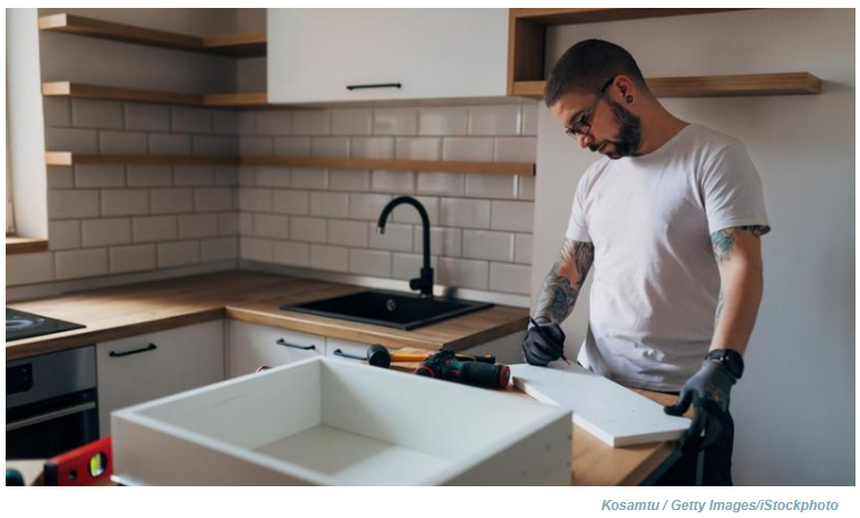 Buying your first home is a major life milestone that also comes along with a whole new set of knowledge you will need to acquire. That’s why it’s important that when it comes to making renovations — whether a minor cosmetic fix or a major overhaul — you do your research before diving in to avoid making a costly blunder.
GOBankingRates spoke to real estate experts to find out some of the most common renovation mistakes new homeowners make that can end up costing them big time. |
AuthorJason Gelios is a Husband and Father. After that, a Top Producing REALTOR®, Author of the books 'Think like a REALTOR®' and 'Beating The Force Of Average', Creator of The AskJasonGelios Real Estate Show and Expert Media Contributor to media outlets across the country. Archives
July 2024
Categories |
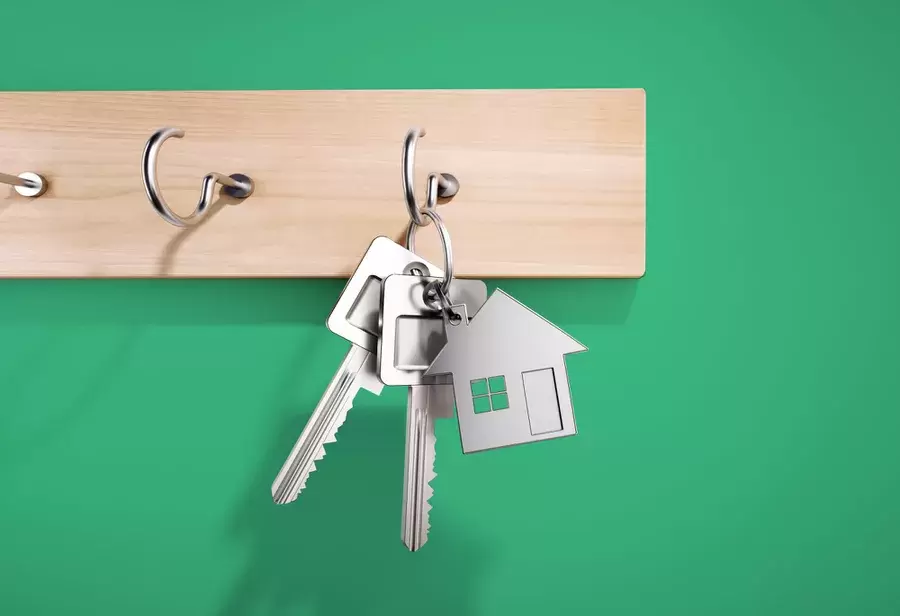


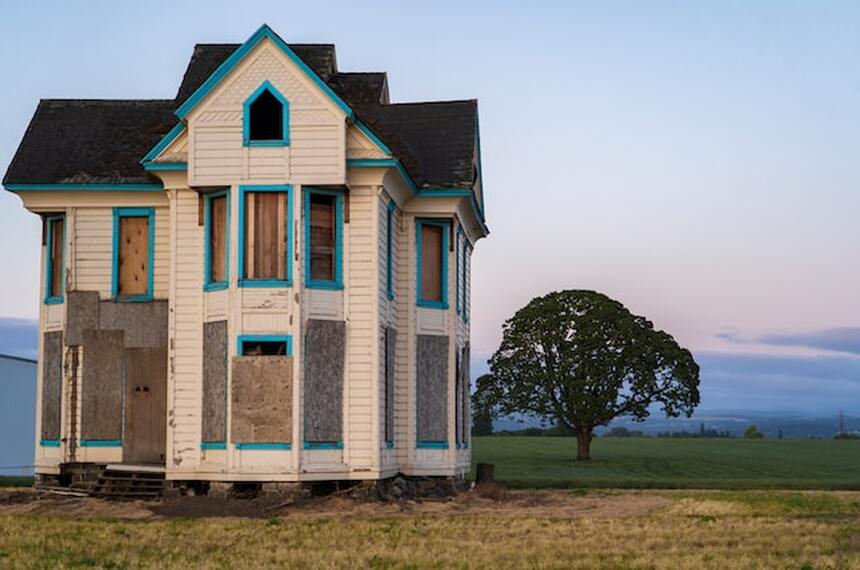
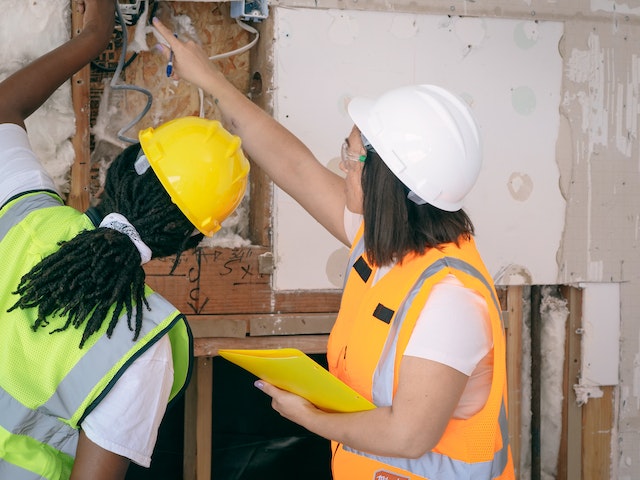
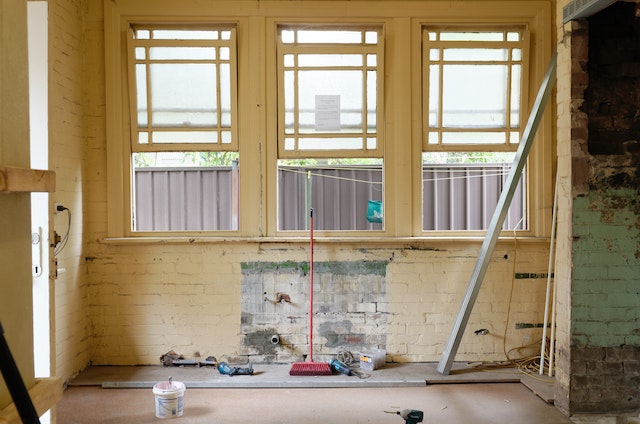
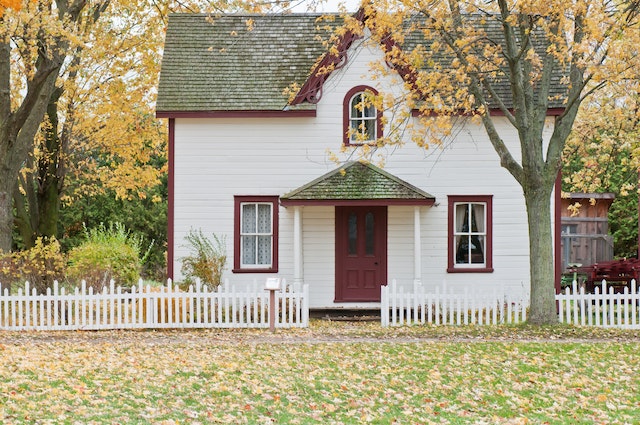



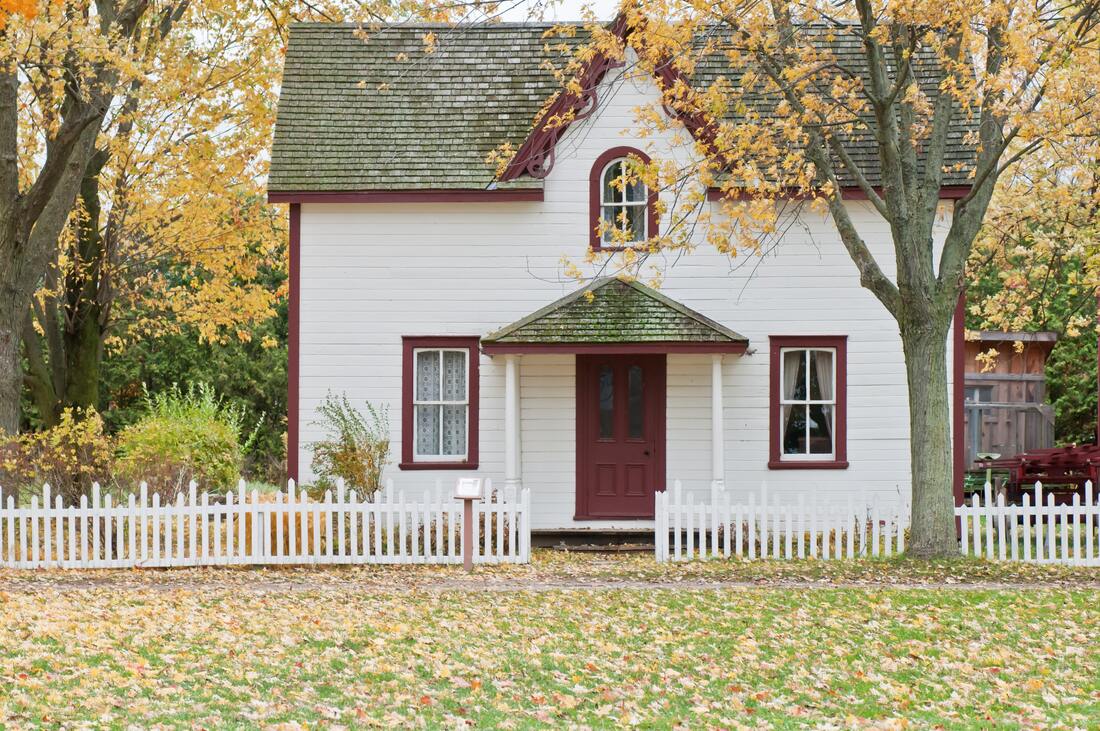


 RSS Feed
RSS Feed